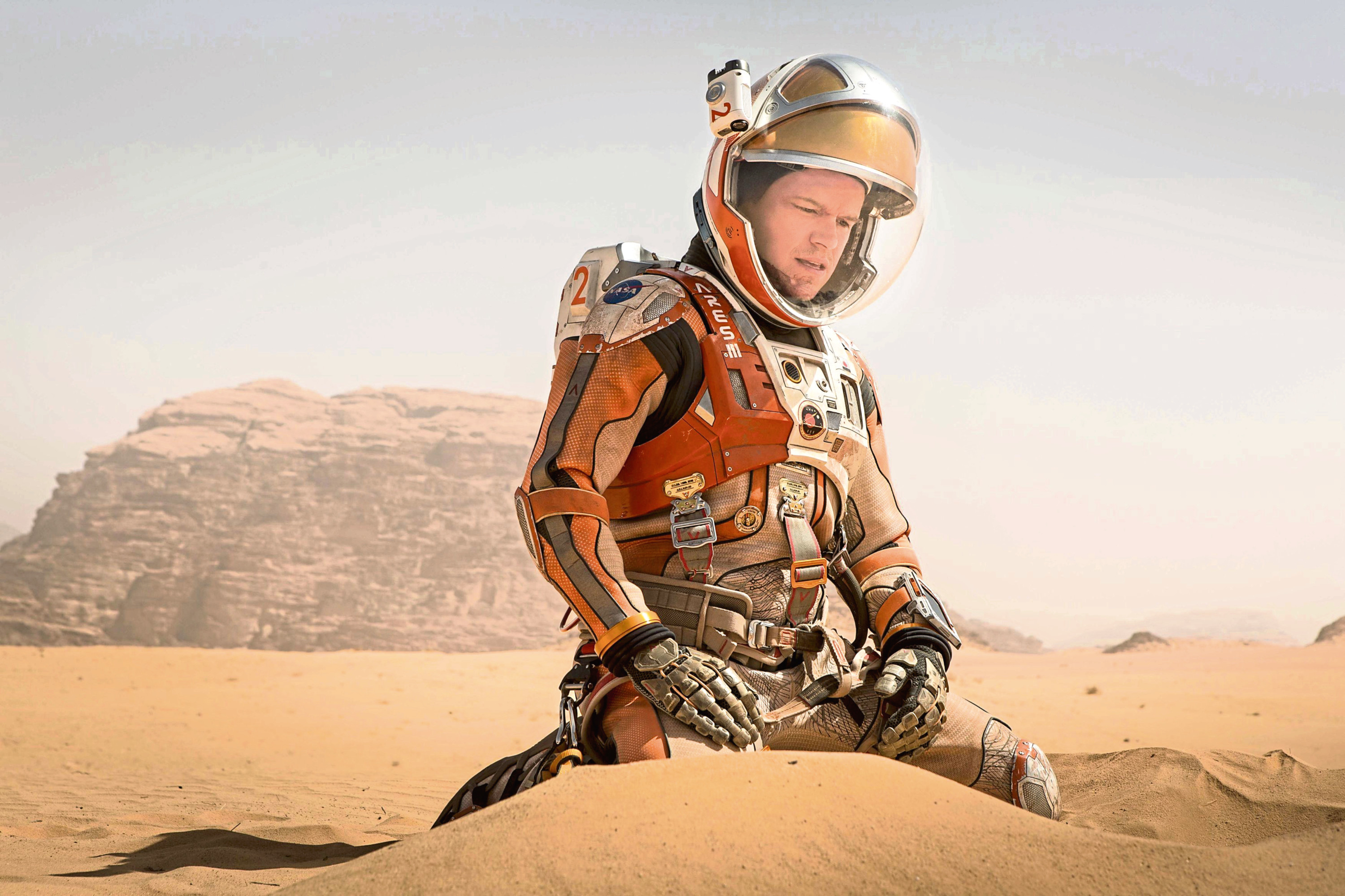
NASA aims to get the first human to the far-off planet of Mars in the 2030s.
It is one of the few planets that has a history like that of Earth.
Author and space-lover Nicky Jenner tells Sally McDonald about her book on Mars, and why she would ‘absolutely’ go to the Red Planet.
When and how was your interest in Mars first sparked?
I’ve always been interested in Mars. I’m a huge lover of astronomy and space overall, but Mars is just fascinating. There may only be a few worlds that have a history similar to Earth in the entire universe, and certainly only a couple that we could hope of reaching. Mars is one of them.
Why was it important to write this book?
Mars is everywhere at the moment. The planet’s been a mainstay in space exploration for years, but in recent years talk has turned more intently to sending humans there, and even setting up some kind of colony. I thought it was important to dig into Mars’ appeal, and write an up-to-date biography of what it’s actually like, why it’s interesting, and why non-scientists should care. In short: is it worth the trip?
How long did it take to research and write and what were the challenges?
One of the biggest challenges was timing. Science moves pretty fast at times! I’d often finish the draft of a given chapter, and the next week a new finding would come out.
A chunk of the research and writing process, which took around 18 months, involved reviewing what I’d written and making sure it was all up-to-the-minute before it was even published.
Did you make any amazing or exciting discoveries along the way, and what were they?
We often think of Mars as being somewhat similar to Earth, but the whole Martian system is wonderfully alien. There’s so much we don’t know about Mars, and the more we learn, the more exciting it gets.
A good example is Mars’ moons, Phobos and Deimos – I had no idea how little we know about them. We’re not sure what they’re made of, or how they formed.
Phobos in particular is intriguing: it’s covered in stretch-mark-like streaks, a sign that it’s being slowly torn apart by Mars’ gravity, and it orbits Mars faster than the planet itself rotates… meaning that if you were stood on Mars, Phobos would seem to rise and set in the “wrong” direction twice in a single day.
Is it true that Mars was once warmer, wetter and even harboured life?
Yes. We think of Mars as an arid, inhospitable planet, but it’s looking like the planet was once milder, wetter, and far more habitable than it appears today.
Somewhere along the way Mars’ magnetic field switched off for some reason – scientists aren’t sure – causing it to cool down and lose its atmosphere and water to space.
Could there still be life on Mars now? If so, how?
There could! There’s a three-pronged view of Martian life amongst scientists: either it never existed, it once existed but is now extinct, or it’s still alive today.
The idea of life on Mars sounds like sci-fi, but we’re talking about microbial life rather than little green men.
If life does still exist, it’ll likely be buried underground where it’s warmer and shielded from cosmic radiation. We think caves like this might exist on Mars, so it’s possible.
Could humans colonise the planet, and if so what are the timescales and challenges?
Colonisation is certainly possible from a scientific standpoint. NASA aims to get the first human to Mars in the 2030s, so we’re still a long way off.
The main issues are probably more political and logistical. Space exploration needs stable support and funding over many years, which is really tough to achieve. We might see private ventures make more progress in coming years.
Would you go to Mars yourself if you could?
Absolutely! The chance to visit and explore another planet – what could be more exciting?
4th Rock From The Sun: The Story Of Mars, Nicky Jenner, Bloomsbury, £9.99

Enjoy the convenience of having The Sunday Post delivered as a digital ePaper straight to your smartphone, tablet or computer.
Subscribe for only £5.49 a month and enjoy all the benefits of the printed paper as a digital replica.
Subscribe